Work has commenced on Australia’s first fully integrated hydrogen fuel cell research and development facility at Deakin University’s Warrnambool Campus.
A cornerstone of Deakin’s $23 million hydrogen research and innovation program, the Hycel Technology Hub project will see the construction of one of Australia’s first regional hydrogen hubs.
Researchers at the Hub will develop, assemble, test and demonstrate fuel cells, with a focus on developing them for transport and heavy vehicles, as well as trains or boats.
The project will include the construction of a new 2200 square metre facility at the Warrnambool campus with specialised fuel cell assembly and testing equipment, a heavy vehicle integration bay, training facilities and a multi-functional space for education and demonstration activities.
Deakin University Vice Chancellor, Professor Iain Martin, said the facility will provide industry-leading hydrogen research.
“Deakin is combining its expertise in science, technology and education to meet the needs of Australia’s emerging hydrogen industry. Our Warrnambool Campus will be a hydrogen precinct of research, innovation and training,” Vice Chancellor Martin said.
Deakin will also partner with Warrnambool Bus Lines to support converting their bus fleet from diesel to hydrogen fuel cell buses, in the first public bus deployment of its kind in Australia.
The Victorian Government is contributing $9 million to the project, which will support up to 200 jobs over the life of the project, including around 50 construction jobs and 16 in the energy sector.
The funding is part of the Victorian Government’s $350 million investment in local universities through the Victorian Higher Education State Investment Fund. The fund supports universities with capital works, applied research and research infrastructure to support jobs and the state’s economic rebound from the coronavirus crisis.
Victorian Minister for Training and Skills and Higher Education, Gayle Tierney, visited Deakin’s Warrnambool campus to turn the first sod.
“Deakin’s focus on fuel technology will have a direct benefit to the people of Warrnambool, and the entire state, as the Deakin campus moves from gas to hydrogen, and the Warrnambool Bus Lines fleet becomes powered by clean energy,” Minister Tierney said.
Victorian Minister for Energy, Lily D’Ambrosio said the project will be key to the Government’s efforts to significantly reduce emissions by 2030.
“Renewable hydrogen is a vital new energy technology that will drive down emissions from transport and across the economy – innovation delivered by the Hycel Technology Hub will help us reduce emission by 50 per cent by 2030.”


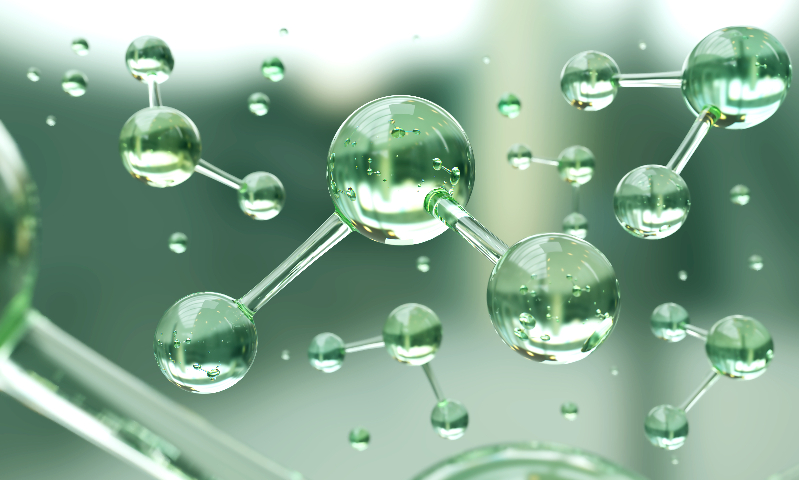
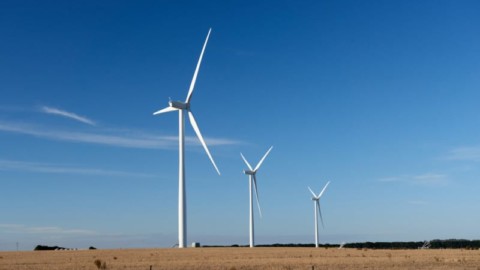
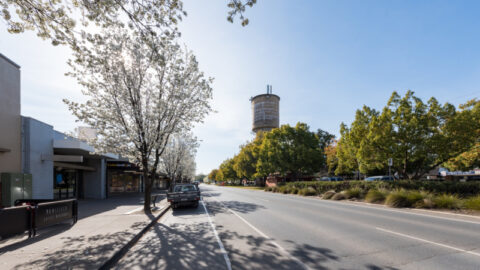
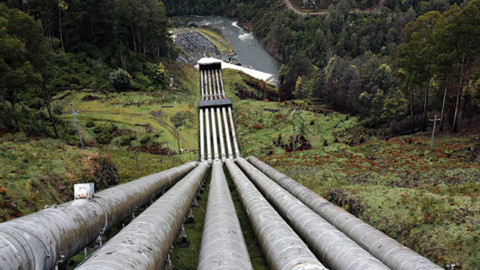

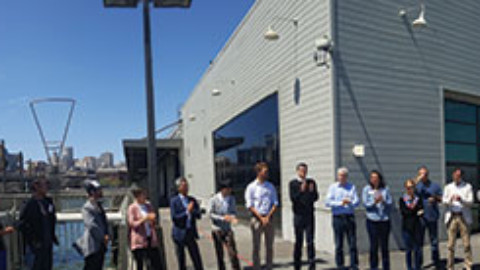
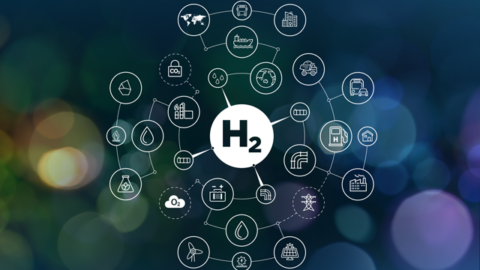
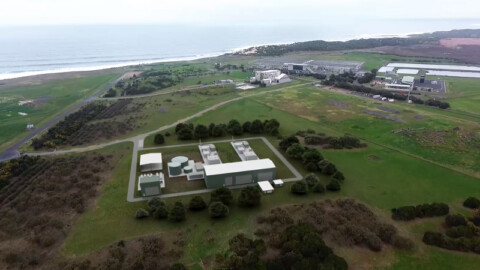
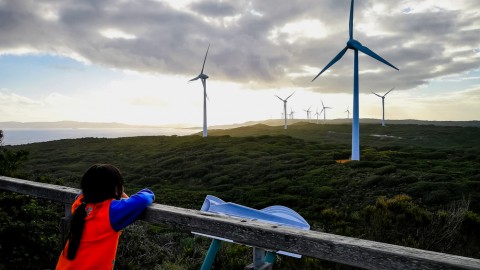






It is good to see that hydrogen is at least part of the State Government’s strategy to lower carbon dioxide emissions with vehicles, but it would be even better if the Government developed a plan for gradual replacement of natural gas for residential, commercial and industrial heating with hydrogen. In this way we would not be putting all our eggs in the electricity basket. As has been proven over the past few years, dependence on a single supply chain for anything and particularly critical items such as energy is fraught with disaster.